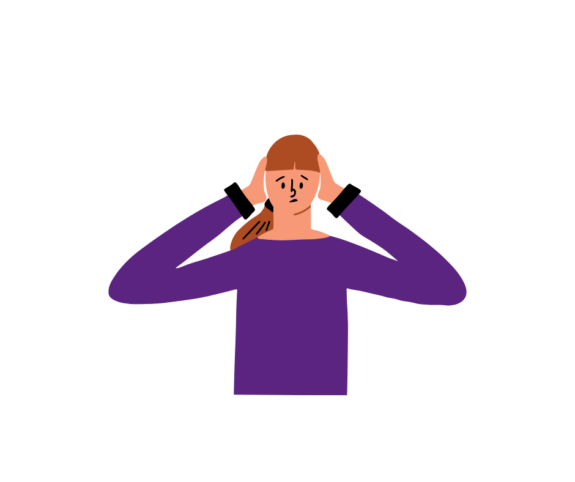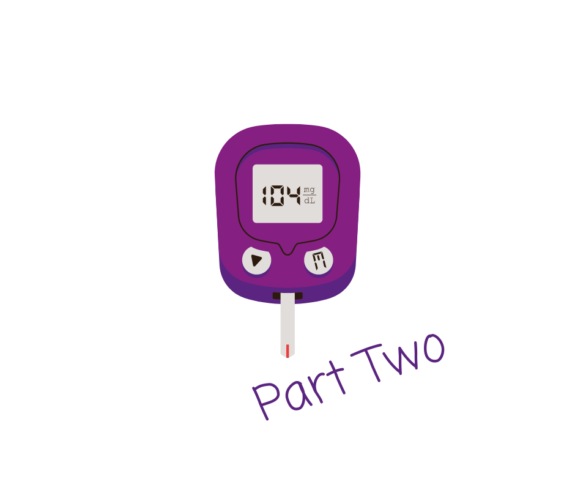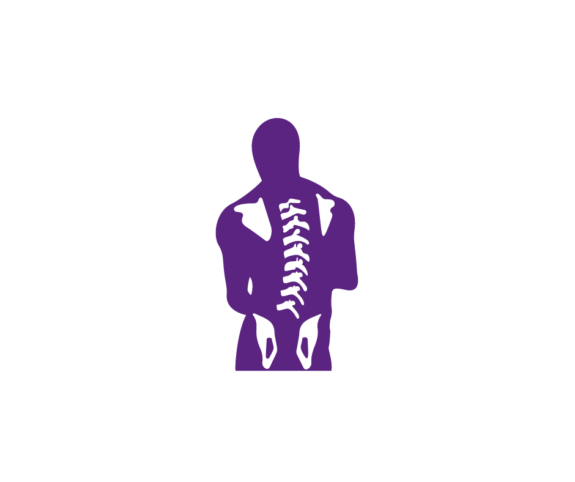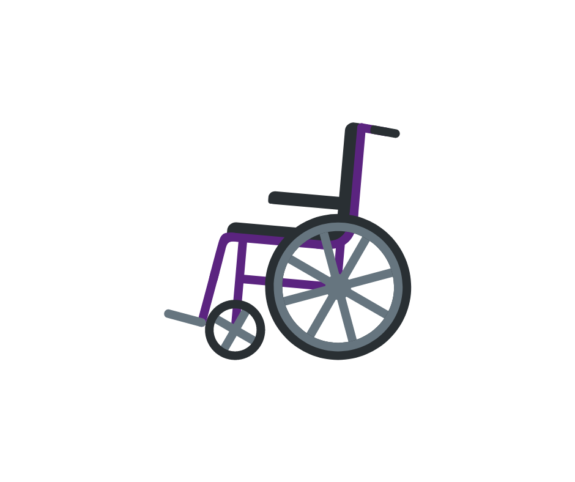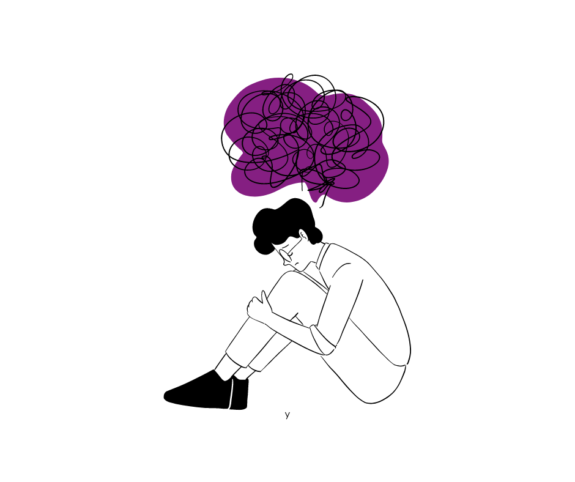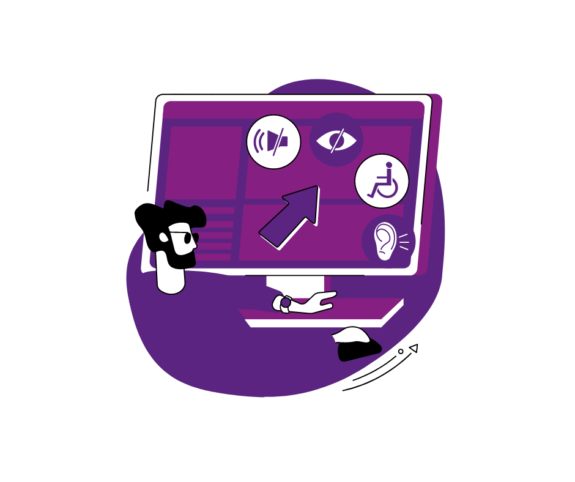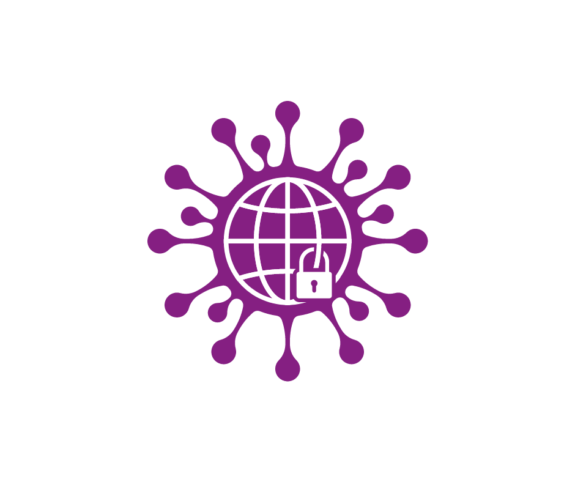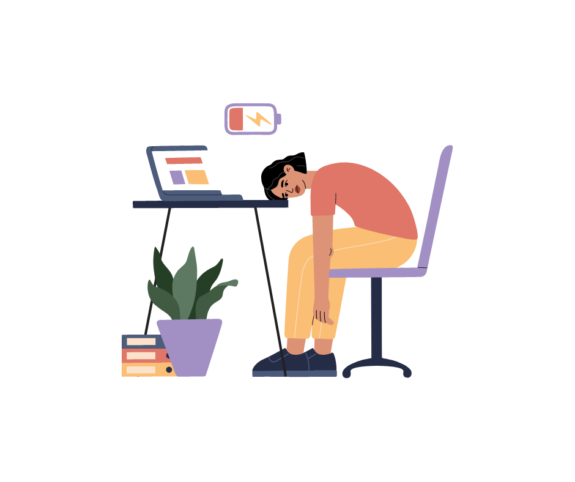Obsessive Compulsive Disorder (OCD) isn’t something that you would automatically think of as a disability, but it can be incredibly debilitating. In fact, the World Health Organisation (WHO) ranks it as one of the ten most handicapping conditions because of the way it affects loss of income and creates a decreased quality of life. We decided to find out a bit more about what is often a misunderstood illness.
What is OCD?
Estimated to affect 1.1% of the UK population, OCD is a serious anxiety disorder that can affect anyone regardless of age, gender, socio-economic status or ethnicity. It involves having repetitive, disturbing thoughts (obsessions) that can only be relieved by completing a certain behaviour or action (compulsions).
– Obsessions are persistent, intrusive and sometime distressing, repetitive thoughts. These can often be irrational and simply won’t go away until something is done about them.
– Compulsions are the resulting actions that people feel they must do in order to stop the thoughts. This could be a repetitious, physical or mental action that has to be completed in a certain way.
Unfortunately, the relief brought on by completing the action is only temporary and will happen each time the person has the obsessive thoughts. These can also be made much worse during times of extreme stress and the reluctance of many sufferers to go to their GP can exacerbate it. They are aware that their thoughts and compulsions may be irrational and fear they will be judged or ridiculed because of it increasing the anxiety. It’s a vicious cycle.
What kind of obsessions can people have?
Anything can become an obsession but the more commonly reported ones are:
– fear of germs or contamination (although this isn’t as common as we think)
– having a fear of causing harm to themselves or someone else
– being afraid of certain colours, numbers or words
– fear of harm being caused from an outside source (such as thinking they’re being followed or being burgled)
So how does that create a compulsion?
The fear and anxiety become so overpowering that the sufferer feels they must do something to alleviate it. If they’re afraid of germs for example, then the compulsion will be to clean, either themselves or their surroundings. If someone is constantly worried that their house will be broken into, they can create rituals of checking doors and windows before they leave. This may need to be done a set number of times and if it’s not, they will go back and check. Living with the constant fear and worries can be exhausting and take over their life.
But everyone is a little bit OCD, right?
Actually, no. It’s natural for people to feel some form of anxiety during times of stress or even prefer to have things done a certain way but it doesn’t mean you have OCD. With OCD, completing an action such as cleaning the house, doesn’t bring with it any pleasure or satisfaction from a job well done. It HAS to be done or the sufferer will continue to experience crippling anxiety.
How does all of this make it a disability?
OCD is a serious mental illness that can cause extreme emotional distress and have life changing effects. It can make you unable to function at work or school and can cause problems in relationships. There can be also be physical damage as a result of the compulsions along with substance abuse, all of which can add to the anxiety and depression.
Most importantly, we need to remember the ‘D’ part of OCD which stands for ‘Disorder’. The Oxford English Dictionary states that a disorder is, ‘An illness that disrupts normal physical or mental functions’ and OCD can absolutely do that.
I think I might have OCD. What should I do?
If you’re worried that you may be suffering from OCD then the first thing we would recommend is that you go to your GP with your concerns. They will be able to talk you through your symptoms and discuss options for potential treatments.
Ocduk.org (https://www.ocduk.org/ocd/) also have loads of fantastic resources including a possible causes, different treatments available and support groups that you can get involved with.
Being diagnosed with OCD doesn’t have to mean that your life is over. By learning coping mechanisms and having the right support system in place, it is entirely possible to live a full and productive life and everybody deserves to have that opportunity.
References:
https://www.mentalhealth.org.uk/a-to-z/o/obsessive-compulsive-disorder-ocd
https://www.verywellmind.com/top-ocd-facts-2510674#1-ocd-can-cause-significant-anxiety
https://www.nhs.uk/conditions/obsessive-compulsive-disorder-ocd/
https://www.bmj.com/content/348/bmj.g2183
https://www.psychologytoday.com/gb/blog/the-truisms-wellness/201605/4-myths-about-ocd
